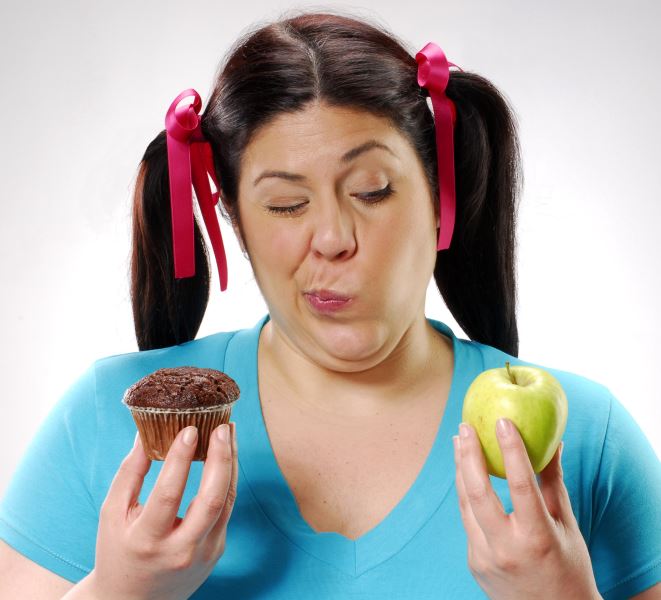Foods to Avoid with High Cholesterol

Cholesterol, a common medical term, is a vital substance in human bodies. Created by livers, they are essential building blocks for cell membranes.
Nevertheless, even this essential substance can become a double-edged sword when its levels rise beyond the optimal range. If someone has high cholesterol, they must ensure that their diet is balanced and does not have products that can further increase their cholesterol levels.
This article will discuss cholesterol in detail and list some foods to prevent cholesterol abundance in the body.
What is cholesterol?
Cholesterols are waxy and fatty substances that human livers produce. They travel in the bloodstream and reach out to all the essential organs in the body.
Cholesterols play a crucial role in building one’s cell membranes and aiding in the digestion of fats. But apart from that, they are also responsible for producing various hormones and vitamin D.
Cholesterols are of two main types: high-density lipoprotein (HDL) and low-density lipoprotein (LDL). Generally, HDL is considered “good cholesterol,” whereas LDL is marked as “bad cholesterol.” This is mainly because LDL tends to build up and clog arteries. On the other hand, HDL carries bad cholesterol back to the liver for disposal.
What are the key differences between good and bad cholesterol?
The following tabular data helps understand the difference between good and bad cholesterol:
| Characteristic | Good Cholesterol (HDL) | Bad Cholesterol (LDL) |
| Tendency | Transfers built-up cholesterol back to the liver for disposal | Deposition into arteries, forming plaque |
| Ideal level | Higher than 40mg/dL | Lower than 100mg/dL |
| Health impacts | Lowers risk of heart attack, stroke, and other complications | Increases the chances of heart attack and coronary artery diseases |
| Found in | Avocado, nuts, oatmeal | Fried food, red meat |
What are the causes of high cholesterol?
High cholesterol, specifically elevated levels of LDL cholesterol, can be caused by various unhealthy habits:
- Unhealthy Diet: A diet high in saturated and trans fats can significantly raise LDL cholesterol levels. These unhealthy fats are often found in red meat, full-fat dairy products, and processed food.
- Lack of Physical Activity: An idle lifestyle can contribute to high cholesterol levels. Regular physical activity helps raise HDL, which removes LDL cholesterol from the bloodstream.
- Smoking and alcohol consumption: Smoking drastically reduces the number of HDL cholesterols in the body. Similarly, an unhealthy amount of alcohol consumption can increase the amount of LDL cholesterol.
Which foods have good cholesterol?
Good cholesterol foods are food items that help maintain or increase HDL levels. Here are some of the foods to eat for good cholesterol:
- Fatty Fish: Salmon, mackerel, and trout are rich in omega-3 fatty acids that can raise HDL levels.
- Nuts: Almonds, walnuts, and pistachios contain healthy fats that can boost HDL cholesterol.
- Olive Oil: Opting for extra-virgin olive oil is a heart-healthy choice that may improve HDL levels.
- Whole Grains: Oats, barley, and brown rice are packed with soluble fibre, which can have a positive impact on cholesterol.
Which foods to avoid for high cholesterol levels?
Just as it is essential to know about foods and fruits that lower cholesterol, it is equally important to be informed about foods not to eat with high cholesterol. Here are some dietary culprits to steer clear of:
- Saturated Fats: Foods high in saturated fats can raise LDL cholesterol levels. These include red meat, full-fat dairy products, processed meats, and tropical oils.
- Trans Fats: Usually found in processed and fried foods, trans fats are detrimental to cholesterol levels. Shortenings, roadside fast food, frozen foods, and sugar products generally have high levels of trans fats.
- Added Sugars: A diet high in added sugars can contribute to obesity and increased LDL cholesterol. Sugary beverages, candies, and many processed foods are common sources of added sugars.
- Excessive Alcohol: While moderate alcohol consumption may benefit HDL cholesterol, excessive drinking can have the opposite effect and lead to elevated triglyceride levels.
What is Cholesterol Diagnosis?
Men above 45 and women older than 55 have a higher chance of developing elevated cholesterol levels. Since there are no symptoms of high cholesterol levels, one must promptly check for cholesterol levels to maintain good health.
A person needs to do a lipoprotein panel test to determine his body’s cholesterol level. Also known as the lipid profile test, this blood test will help measure the levels of LDL, HDL, and triglycerides in the body.
Generally, a total cholesterol level below 200 mg/dL is considered desirable. Experts say a healthy body should have HDL levels higher than 40 mg/dL and LDL levels lower than 100 mg/dL.
To live a healthy life without the risk of cardiovascular diseases, one must keep their cholesterol levels in check. Physicians recommend taking the lipid profile test once every one or two years.
FAQs
1. What foods are the worst for high cholesterol?
Red meat, processed meats, full-fat dairy products like butter, baked goods and sweets, and fried foods.
2. What foods clean cholesterol?
Foods rich in soluble fiber, like fruits, vegetables, whole grains, legumes, nuts, and seeds.













